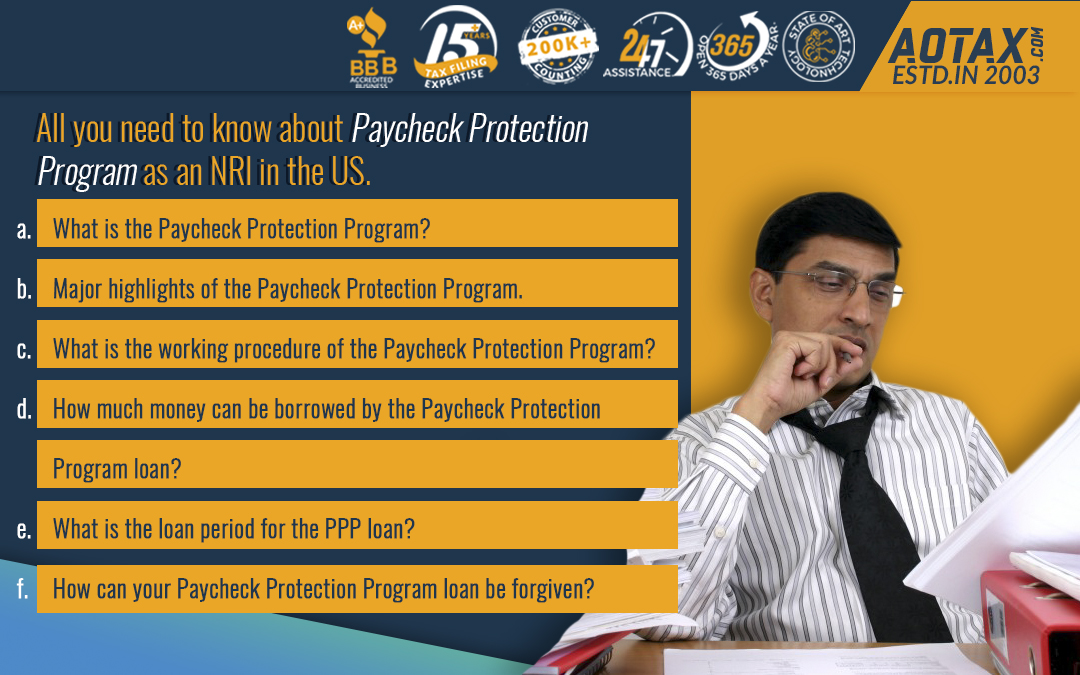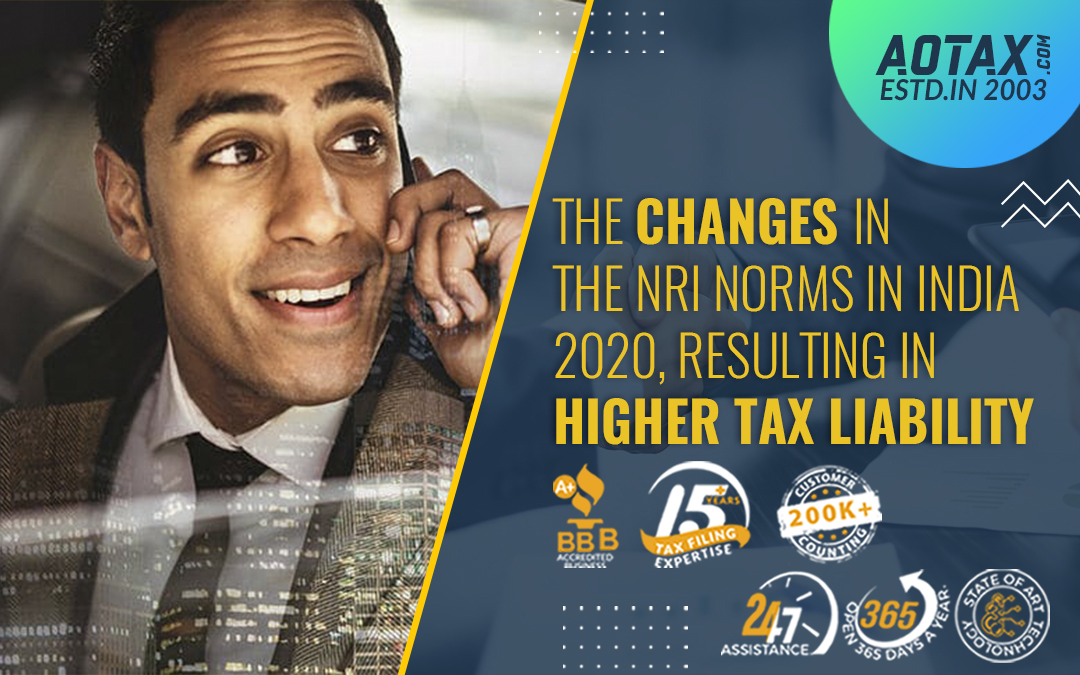2021 New Year’s Tax Resolutions that you must abide as an NRI in the US.
Planning for your taxes is very important and proper planning would help you in avoiding any further interest payment to the IRS due to missing tax deadlines.
With the annual fresh start which comes along with the New Year is approaching very rapidly, this is one of the best opportunities for the NRIs in the US to make certain resolutions. These resolutions can be related to finances and taxes as well. Tax Resolutions for a year can also be helpful in planning for the achievement of financial goals during a particular year.
If you are an NRI in the US, then it’s time for you to make your New Year Tax Resolution. Let us check out the major points which must be considered while making your New Year Tax Resolution for the year 2021.
Gathering your tax-related documents
Since you are a taxpayer in the country, you must gather the below-mentioned documents immediately before the tax season arrives.
- Income from the employment – Form W-2 meant for you and your spouse.
- Income from Investment – Various forms such as 1099 and K-1s.
- Income obtained from the State and other local Income Tax refunds – Form 1099-G.
- Alimony received is taxable – For those divorce cases which have been finalized before 1st January 2019.
- Income obtained from home businesses – Home expenses, Office expenses, Home size, Office size.
- Income obtained from the business – profit or loss statement.
- Benefits from Social Security – Form SSA-1099.
- IRA –Form 1099-R.
- Income obtained from the sale of the property – Original cost and the cost of improvement, Canceled Debt Information(Form 1099-C).
- Income or expense from rental income.
- Miscellaneous income – This includes scholarships, jury duty, Medical Savings Account, winnings from gambling, etc.
Income Adjustments.
You must be aware of these adjustments as they can help in the reduction of your taxable income. You must make these adjustments thus increasing your tax refund.
- Interest on Student loan
- Contributions made to the IRA
- Energy Credits
- Health insurance payments made by self-employed people
- Expenses of educator
- Contributions made to Medical Savings Account
- The alimony paid which is tax-deductible
- SEP, SIMPLE, and other pension plans purchased by self-employed people
Itemized Tax Deductions and Credit.
There are some tax credits or deductions which would be helpful in reducing the tax burden. If you have made a good tax plan then you must track this throughout the entire year.
If you are availing of the below-mentioned tax credits and deductions then you must have the related documents as well.
- Education cost – Form 1098-T and other documents to support education expenses
- The charity has done –The cash amount donated and the value of the donated property, expenses made out of your pocket
- Costs related to adoption – The Social Security Number of the child, legal, medical costs, and costs related to transportation
- Childcare cost – The name of the provider, address, the tax id, and the amount that has been paid
- Casualty and losses due to theft – Reimbursement of insurance, the amount of damage occurred
- Home Interest paid – Form 1098
- Dental expenses
Recovery Rebate Credit.
You can be able to claim the Recovery Rebate Credit if the below-mentioned criteria are met.
- You have not received Economic Impact Payment for this year
- If Economic Impact Payment was less than $1200 if you are filing your tax returns as Single individuals or $2400 if you are filing your tax returns jointly and are married.
EITC/ACTC Refund Availability.
Before mid-February, the IRS will not issue any refunds if you are claiming the Earned Income Tax credit or Additional Child Tax Credit. The IRS has instructed the employer to hold the entire refund amount if a portion is not being associated with the EITC or ACTC. Most of the people would receive their EITC or ACTC related funds by the first week of March if there are no further issues related to the tax return.
Conclusion.
So, as an NR in the US, you must be aware of these factors and make New Year resolutions that would be helpful in obtaining the tax returns conveniently.




Recent Comments